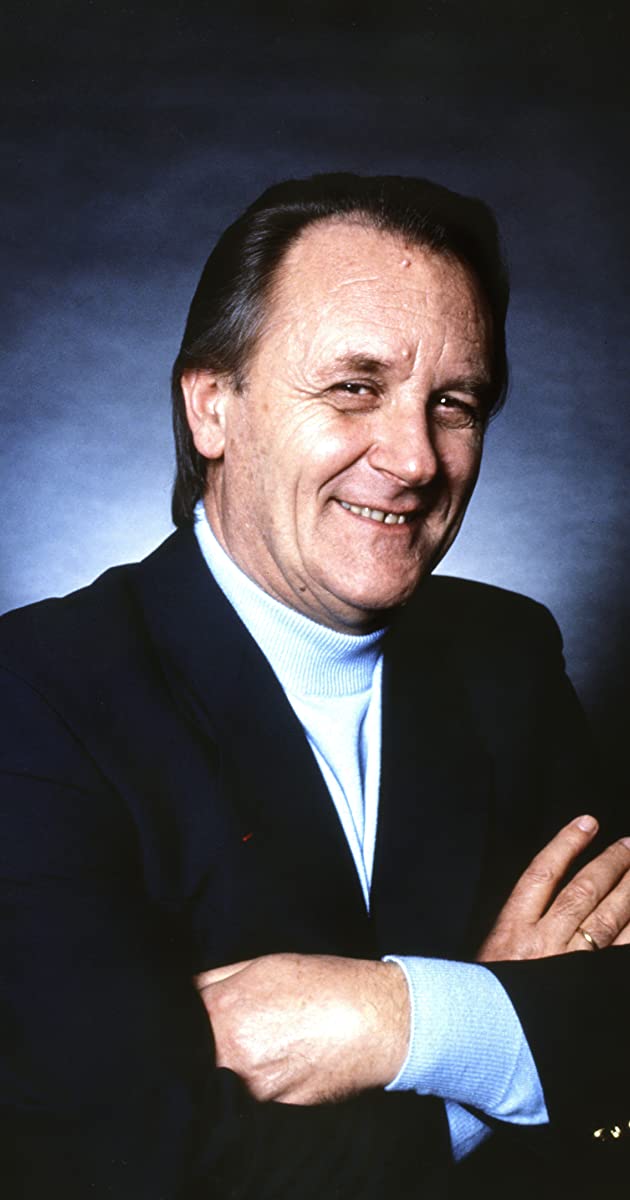
Albert Uderzo is a French comic book writer and artist, of Italian descent. Albert was born in 1927 in the town of Fismes, in the Marne department of north-eastern France. Marne was created from the remains of the older province of Champagne, and the local capital is Chalons-en-Champagne.
Alnert’s parents were Silvio Uderzo (1888-1985) and Iria Crestini. They had met in 1915, during World War I. Silvio was at the time serving in the Royal Italian Army, and Iria was working at the arsenal of La Spezia, Liguria, where she was maintaining and repairing weapons and ammunition. Silvio was discharged from military service in 1919, and the couple married in 1920. Silvio returned to his civilian job as a carpenter, and the Uderzo family soon migrated to the French Third Republic, where there were more job opportunities.
Albert was named after his older brother Albert Uderzo, who had been born in 1925 . The older Albert had died of pneumonia when he was only 8-months-old, and the grieving parents wanted a replacement. The official name of the younger Albert at the birth registry was Alberto Aleandro Uderzo, due to a misunderstanding between Silvio and the employee at the registry. The family rarely used this “official” name.
Albert was born an Italian citizen, and officially gained French citizenship 1934. He experienced racism against Italian immigrants as a child, though he was both born and raised in France. He recalled people blaming him for Benito Mussolini’s policies and spitting at him.
In the 1930s, Albert developed a fascination for American comic and animated cartoons, and was particularly impressed with the works of Walt Disney. He was a poor student at school, but received good grades in sketching and art-related lessons. He had been practicing drawing as a hobby since he was in kindergarten, and he was good at it. When he was 11 or 12 years old, his parents realized that Albert was color-blind. It had not affected his sketches, because most of them were black-and-white.
During World War II, Albert was too young to serve in the conflict, but his older brother Bruno was conscripted and fought in the Battle of France (1940). By the 1950s, Albert had become a professional artist, and he met his partner René Goscinny in 1951. During the 1950s, Uderzo provided the artwork for moderately successful series such as the historical fiction series “Oumpah-pah” and “Jehan Pistolet” (both written by Goscinny) and the aviation comic series “Tanguy et Laverdure” (written by Jean-Michel Charlier).
Uderzo and Goscinny created the historical fiction series “Asterix” in 1959, featuring heroic Gauls fighting in the historical Gallic Wars (58-50 BC). It became one of the most successful European comic book series, with Uderzo serving as its main artist from 1959 to 2004. When Goscinny died in 1977, Uderzo decided to take over the writing duties as well. While writing several successful stories of his own, Uderzo is mostly considered an inferior writer to Goscinny. There was a perceived decline in the writing quality of the series over the decades.
In 2005, Uderzo released “Asterix and the Falling Sky”, the only science-fiction entry in this historic fantasy series, and intended to serve as a parody of then-popular anime and manga series. The story was widely mocked for its dated humor, and the use of anti-Japanese stereotypes dating back to World War II. It was the last Asterix story written by Uderzo.
In 2007, Uderzo sold his shares of the company “Editions Albert René” (which owns the rights to Asterix) to the publishing company Hachette. He had a public falling out with his daughter Sylvie Uderzo who also owned shares of the original company and disagreed with her father’s decision. After a few years of mostly working on short-stories and comic strips, Uderzo announced his retirement in 2011. He died in 2020.
According to UNESCO’s Index Translationum, Uderzo was the 10th most often translated French-language author, with Goscinny being the 4th one. He was the third most often translated French-language comics author behind René Goscinny and Hergé.


